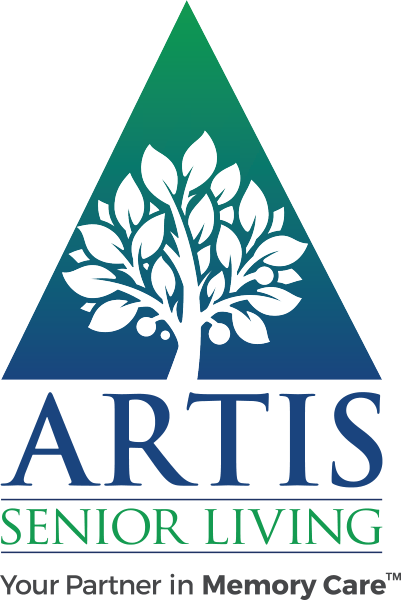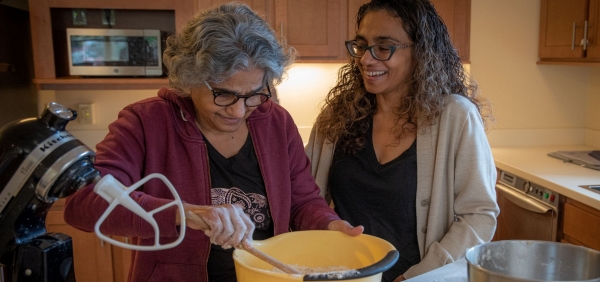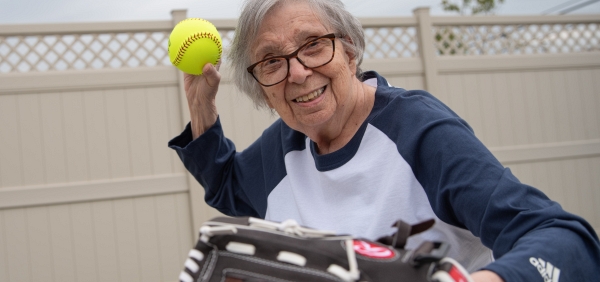Why Is a Power of Attorney Important for Caregivers?

If you’re caring for someone with dementia, you know how important it is to have your ducks in a row. You need a support system, helpful resources, and the assurance that your loved one’s financial and healthcare affairs are being taken care of. A power of attorney (POA) is a legal document that designates a person to act on your loved one’s behalf. Here’s an introduction to the purpose, benefits and limitations of a POA.
What Is a Power of Attorney?
There are two primary types of POAs: financial and medical. To set up each type, your loved one, known as the principal, will name an agent, sometimes called an attorney-in-fact, to make decisions for them should they become incapacitated and unable to act on their own behalf. The ideal agent is someone trustworthy, who lives near your loved one and has the time and inclination to take on the responsibilities associated with handling your loved one’s affairs.
While a power of attorney can be drafted to suit specific needs and occasions, with a financial POA, the agent generally has the authority to make business and investment arrangements for the principal. These decisions may include:
- Selling vehicles, real estate or investments
- Filing taxes
- Collecting debts
- Accessing accounts to pay for the principal’s healthcare, housing and other expenses
- Opening and closing bank accounts and writing checks
- Managing property
- Applying for benefits, such as Medicaid or veterans benefits
With a medical power of attorney, often called a durable power of attorney for healthcare, the agent can make decisions about:
The Benefits of a Power of Attorney
While talking to a loved one about creating a power of attorney can be uncomfortable, initiating that conversation and ensuring that the necessary documents are ready when the time comes offers numerous advantages, including:
- Choice and control. If someone is incapacitated and doesn’t have a POA, a court will appoint a guardian. Being proactive about creating a power of attorney gives your loved one the opportunity to choose an agent they trust to make important decisions when the time comes. Since medical and financial powers of attorney are typically two separate documents, your loved one may appoint two agents or the same agent for both documents.
- Efficiency. Instead of having to wait for the courts to appoint a guardian, the agent can begin to make decisions immediately, which can streamline healthcare coordination and prevent financial disruptions.
- A clear understanding of financial and medical wishes. Drafting a power of attorney document will spark important conversations about your loved one’s finances, estate plan and treatment preferences. Your loved one may choose to make a living will at this time, as well, which will communicate their wishes regarding medical care, including end-of-life care, if they become incapacitated.
- Peace of mind. It’s important for someone with dementia to set up a power of attorney while they’re able to make informed decisions. When the time comes for the agent to begin handling your loved one’s affairs, you’ll be more comfortable with the transition knowing your loved one’s wishes are being honored and their needs are being taken care of.
The Limitations of Power of Attorney
It can be unsettling to give another person—even a trusted family member—power over your finances and well-being. But there are restrictions on the power granted the agent, ensuring that the principal’s rights and wishes are protected. Regulations prohibit the agent from:
- Transferring responsibility to another agent
- Making legal decisions after the death of the principal, at which point the executor of the estate takes over
- Changing the will or estate plan
- Acting outside the principal’s best interests
- Using the principal’s assets and money as their own
Artis Senior Living: A Trusted Resource
If you’re a caregiver for a loved one with dementia, you’re wearing many hats: protector, companion, advocate. It’s natural that with each of these roles, challenges and questions arise. At Artis Senior Living, one of our goals is to provide support and education for caregivers. To that end, we offer educational events, such as our online webinar on powers of attorney. What’s more, we offer warm, person-centered dementia care through The Artis Way, the unique approach that makes our Memory Care and Assisted Living communities a place where residents feel safe, engaged and empowered. Contact us to learn more about Artis Senior Living, or find a community near you.



